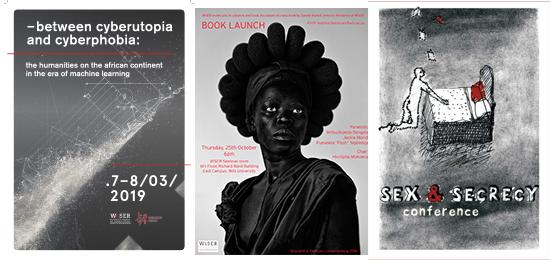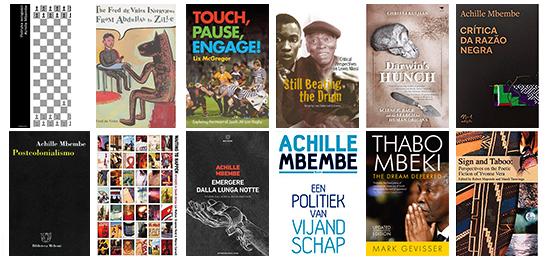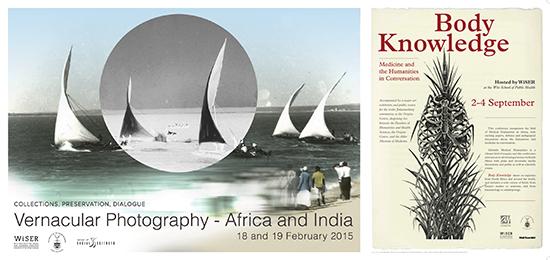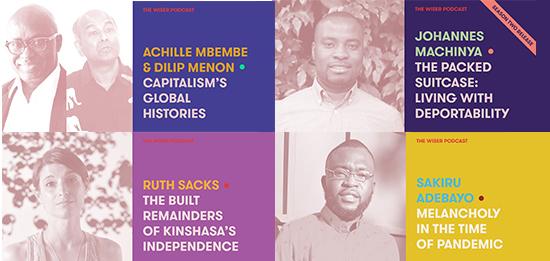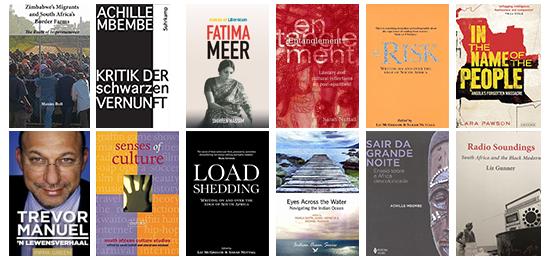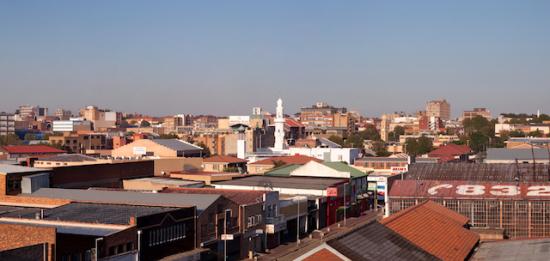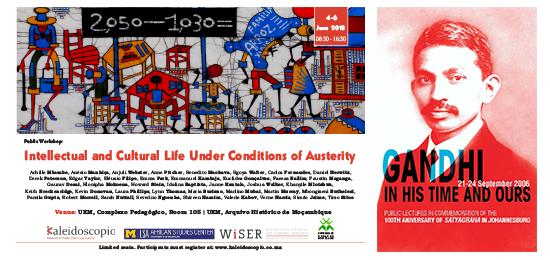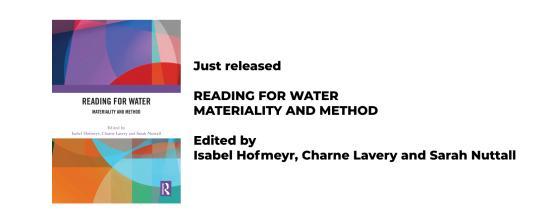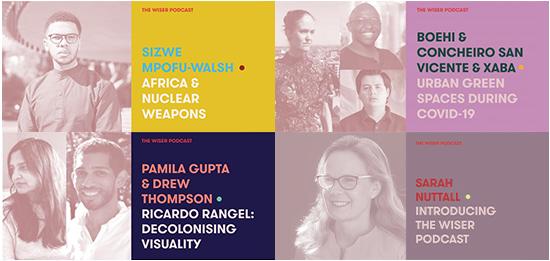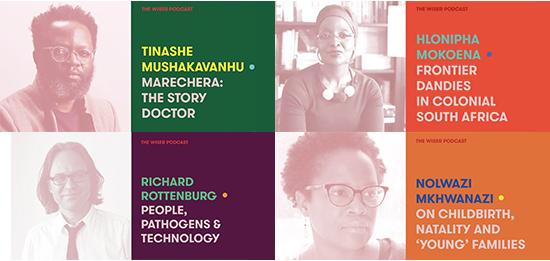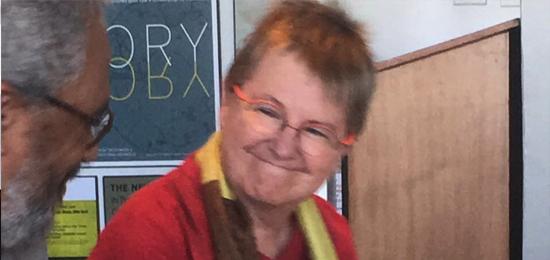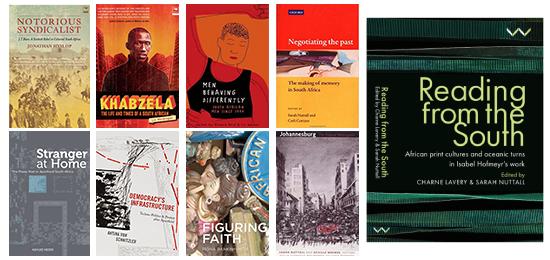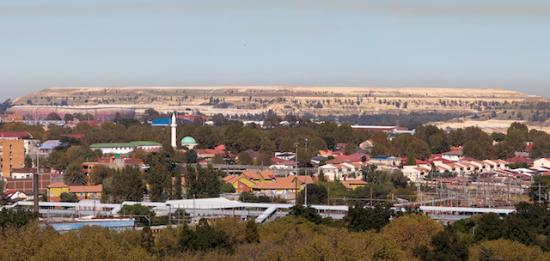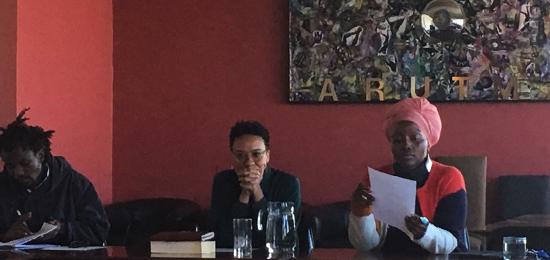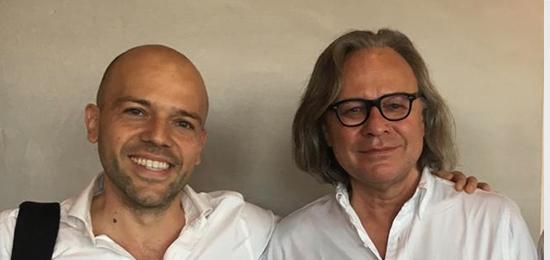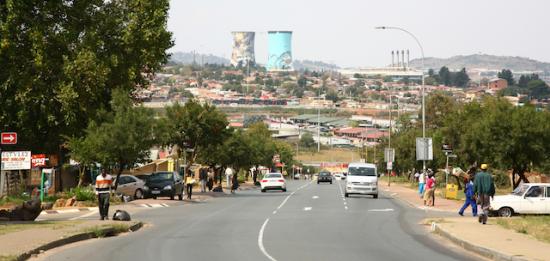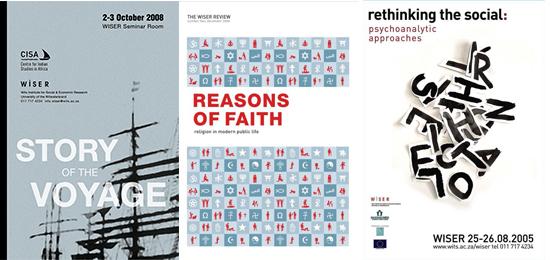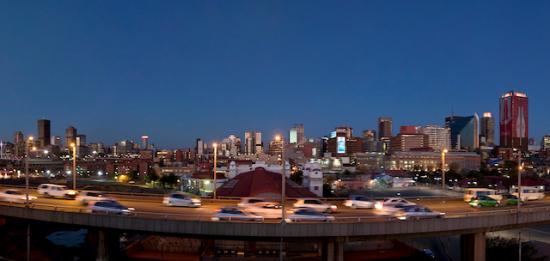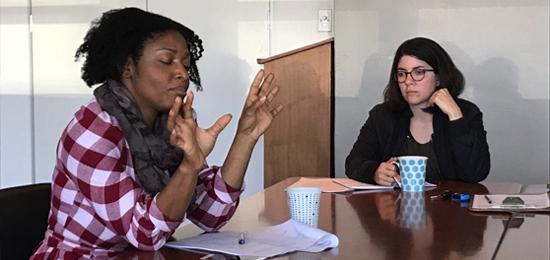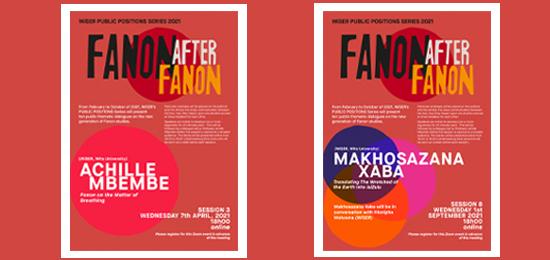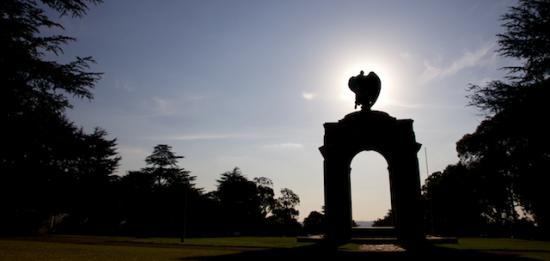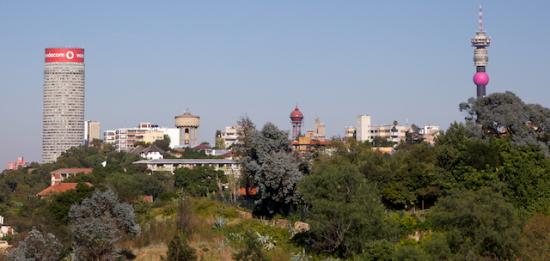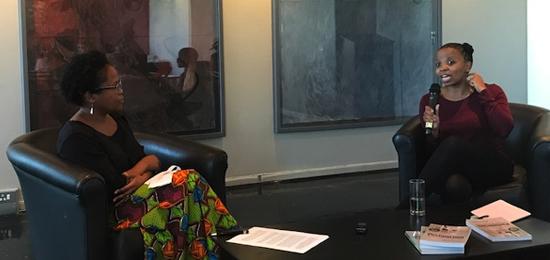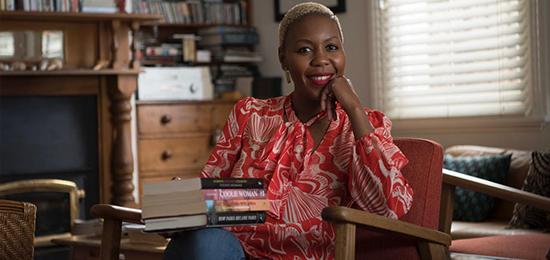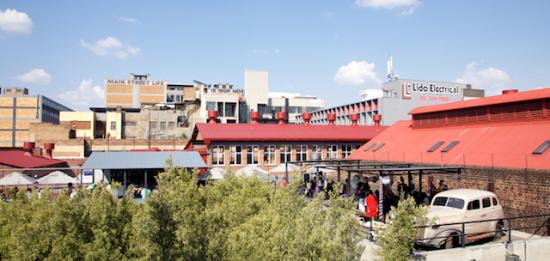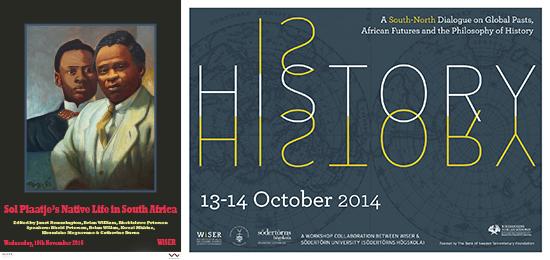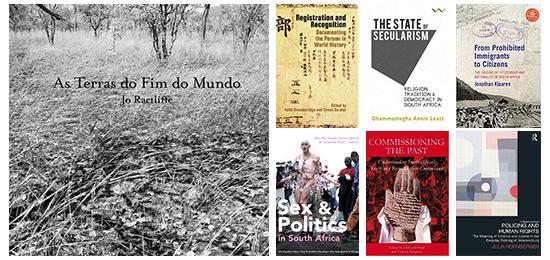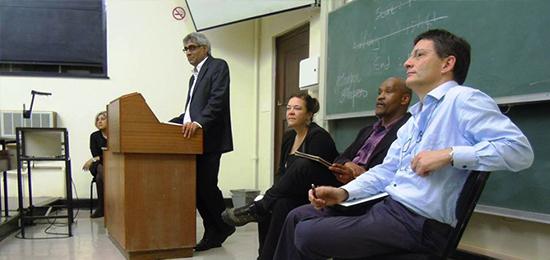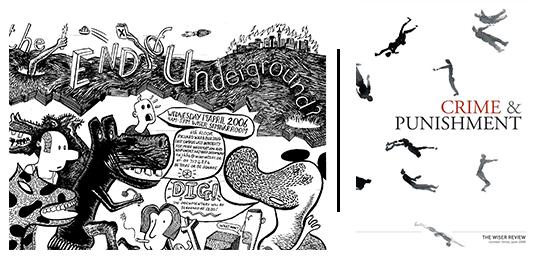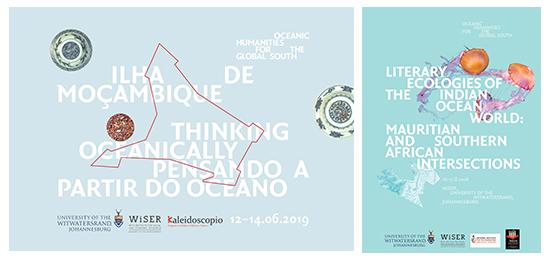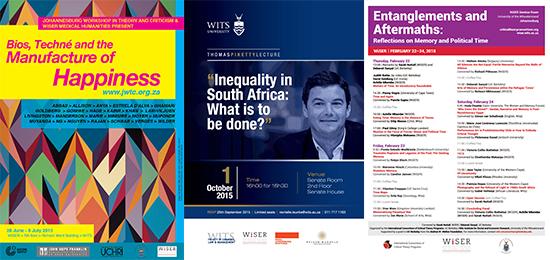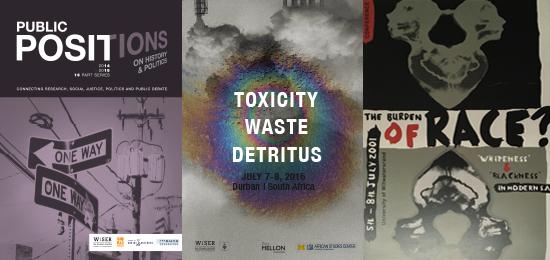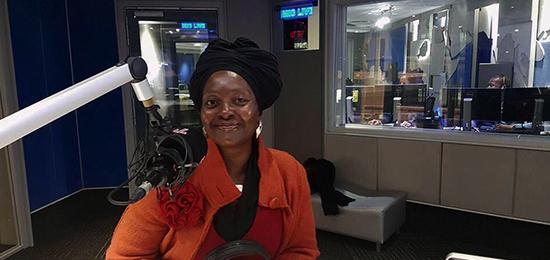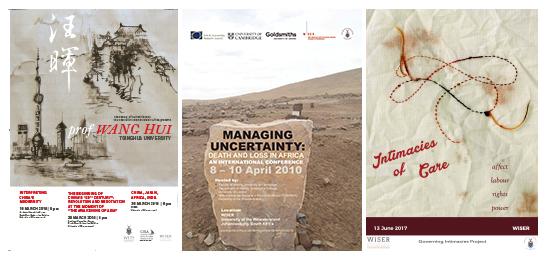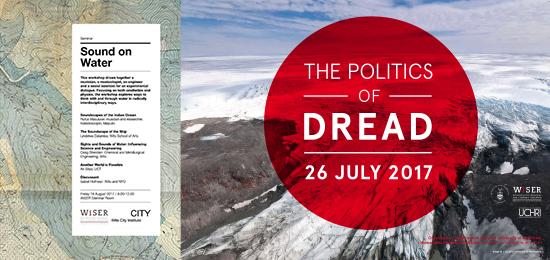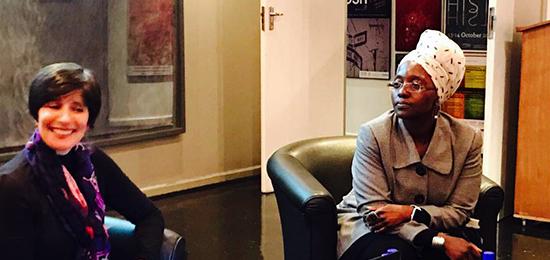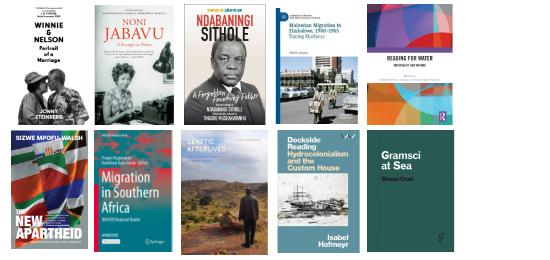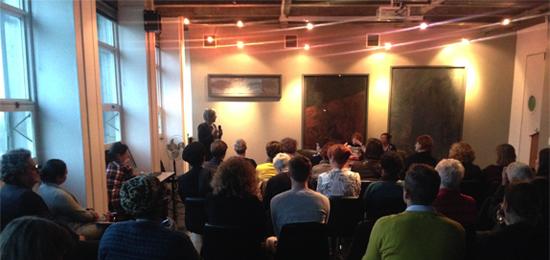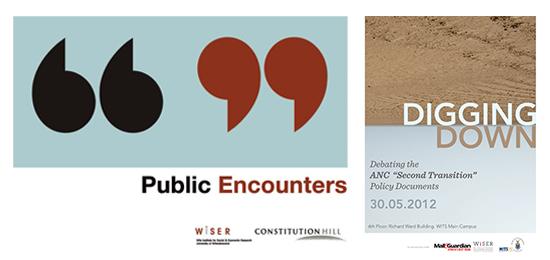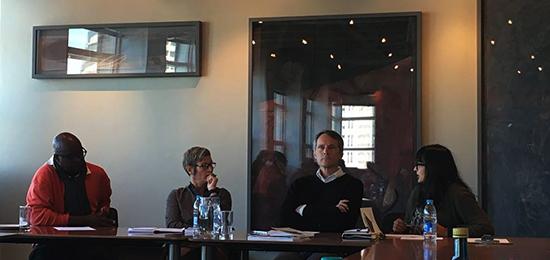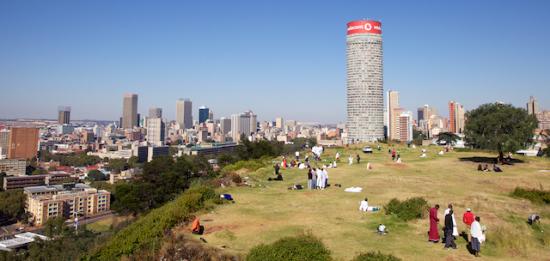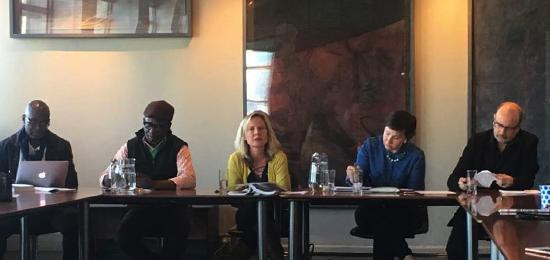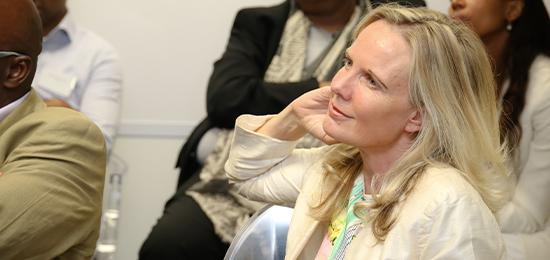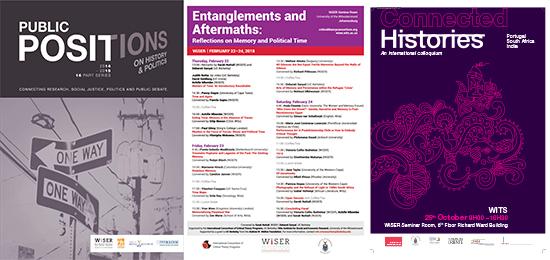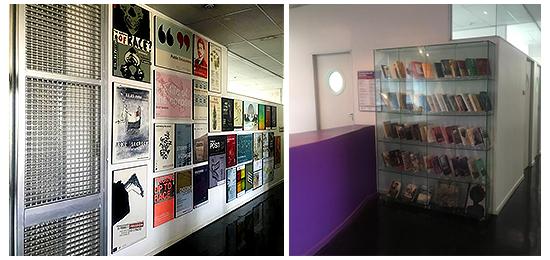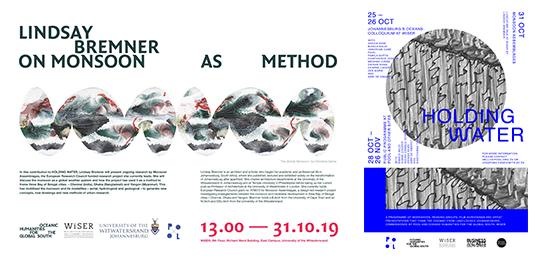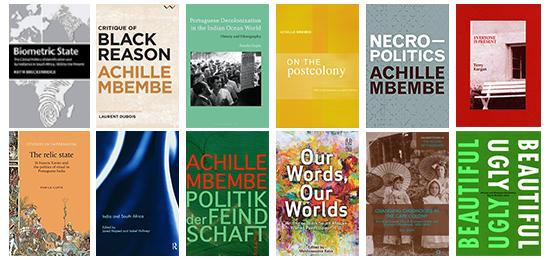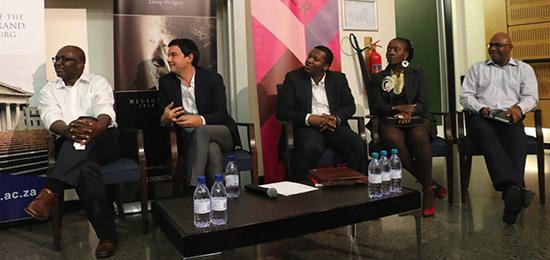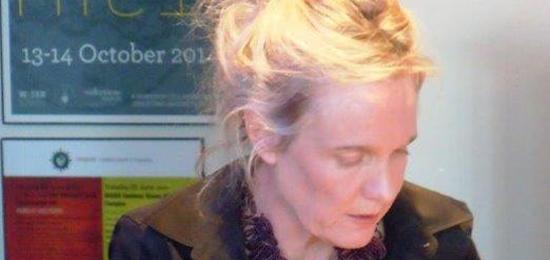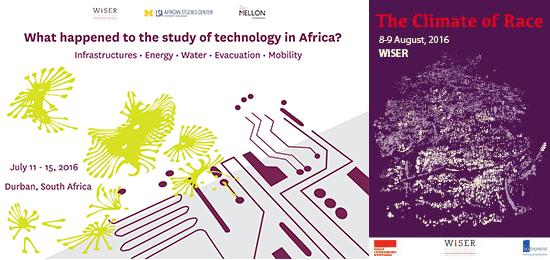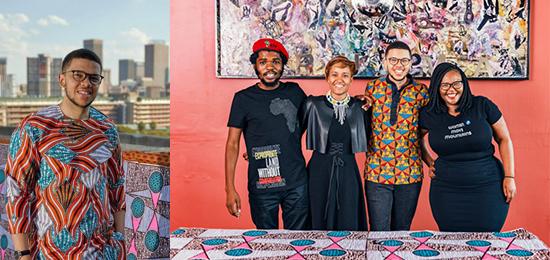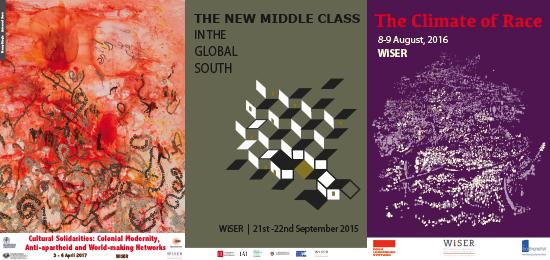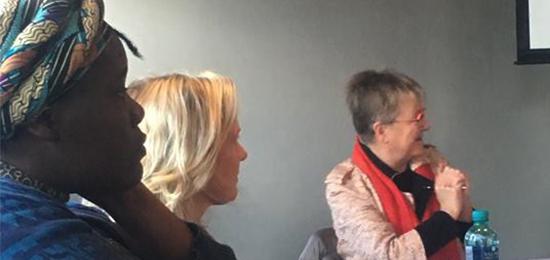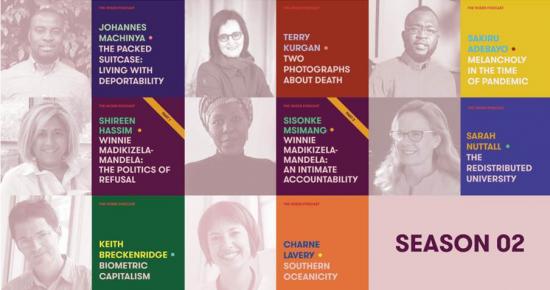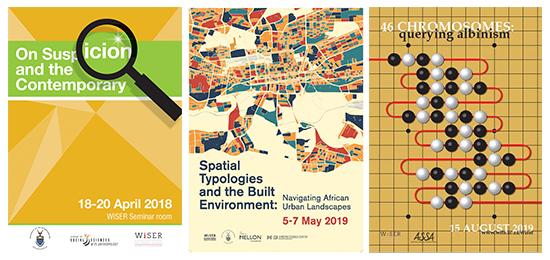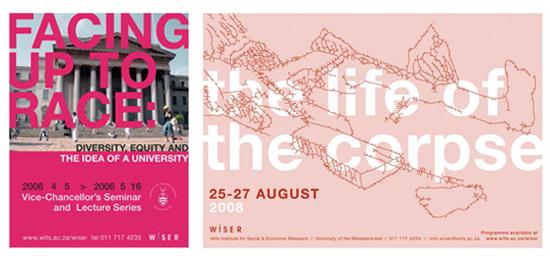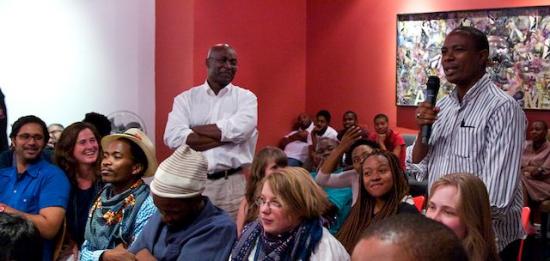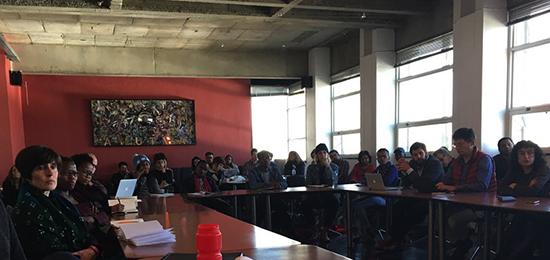New Research Projects
In general research at WISER is preoccupied with the development of
- New ethnographies,
- historically and historiographically grounded research,
- exploring and interrogating the interface between local and global
- combining Humanities Social Sciences and Aesthetics
From January 2014, WISER will support five new research projects:
-
African Futures
-
Categories of Persons in Law and the Humanities
-
Curating the Afropolitan City
-
Digital Humanities and the Future of the Archive
-
Medical Humanities in Africa
African Futures
As major transformations unfold, our understanding of Africa, its past, its future and its relation to the world seems to be caught between two contending paradigms. The first is shaped by the discourse of crisis and disaster, emergency and survival. The second is future-oriented. It is preoccupied with Africa’s shifting position within the global economy and its apparent rise, the material and virtual flows and the infrastructures that connect Africa to its diasporas and the broader world, and to the social and aesthetic experiences of its inhabitants. This project will take stock of the contending discourses on African futures. It aims at drawing together in robust conversation a broad range of parallel debates currently going on in areas as diverse as literature, science-fiction, music and digital technologies, economics, futures markets, demography and public health, environmental studies, arts, design and fashion. It will also tease out the theoretical and practical implications of these discourses and the extent to which Afro-futurism could be read against similar trends elsewhere, in China, India, Russia and Brazil in particular.
Categories of Persons in Law and the Humanities
The assembling of a new set of South African and global citizenships has taken on new urgency and a new plurality twenty years after the supposed advent of freedom. Categories make persons and persons make categories, as Jones and Dlamini have recently pointed out. In the South African constitutional text – where the phrase ‘categories of persons’ is written – race is but one of sixteen categories on the formal list. Indeed, the effort of desegregating publics now takes place without the freshness of new symbols and with potentially merely symbolic institutions. In the public sphere, some responses harken back to earlier times – either to times of forward-thinking, to times of social-making, or even to times of separating. Other responses rest in a consumptive present or appear as mere promised rhetorical bridges into the future. In this project WISER will examine the new questions that scholars in the law and the humanities are posing themselves. What are the complex fashions in which bounded enclaves and social categories are fraying and unravelling or reforming? How, if at all, are persons remaking themselves as citizens? At the same time that these questions pose themselves, new fields of play are emerging with the changing audiences of the fashion shops and the sports terrains as well as the changing forms and formats of affluence and the new middle class. The very concept of a person as well as their categorical boundaries may shift with the movement of blood, organs, and self-awareness.
Curating the Afropolitan City
During the last decades of the 20th century, a significant body of work has thrown into doubt the concept of “the city” as a universal object or category of analysis as well as traditional approaches to urban development and human settlements. This reappraisal has been caused partly by the emergence, in the global South, of megacities and mega-regions whose density, massive spatial expansion, sheer scale of population, high levels of risk and great wealth disparities have been accompanied by dynamic and unexpected modes of urban growth. Such is the case of Johannesburg. The latter has continued to expand in a relatively uncontrolled, decentralized if not random way. Today the city is better understood as a largely de-territorialized mega-region with multiple urban enclaves. Its myriad public spaces are increasingly privatized. Novel patterns of trans-regional migration, settlement and high consumption are transforming its economic and cultural fabric, paving the way for the emergence of highly stylized, hybrid, creolized forms. Visible and invisible networks of social and economic exchange participate in, but are also separate from the mainstream flows of global capital, real and fictitious. One of its defining features is not only its disjunctive social geography, but also the way in which humans and non-humans are linked together in heterogeneous and often unrecognized assemblages (electricity, food, air, energy, water) that contribute to the making of a unique urban form. More than at any other point in its history, this mega-region is the direct outcome of a new nexus of nature, culture and finance as well as a different politics of human/non-human/techno-ecological relations. Using concepts and methods borrowed from design and aesthetic theory, architecture, digital mapping and curation, this Platform will initiate a cycle of new historical and ethnographic studies of Johannesburg. It will bring together scholars, writers, artists, architects, photographers, designers and planners. Building on Walter Benjamin model of the Arcades Project, it will explore the relationship between contemporary urban forms on the one hand, and on the other, the complex technological networks and the organic, geological and biospheric metabolisms that shape them.
Digital Humanities and the Future of the Archive
Over the last two decades African humanities scholarship has been powerfully moved by an interest in real and figurative archives in shaping the politics of knowledge. This curiousity about the power of official and private archives in setting the limits of what can be known has coincided with a global change in the forms and qualities of texts that last occurred in the 16th century. The rapid expansion of the Internet, and the proliferation of digital textual forms and repositories that it fosters, presents difficult questions about the project of Humanities scholarship which is so closely bound to the form of the printed book. But it also offers compelling opportunities to reconsider and reorganise the work of private and public archives, and their effects. In the wake of collapses in state-support for academic libraries and book publishing there are real opportunities for African scholarship in the new forms of access, distribution and curatorship that are supported by the Internet. But – when many universities on the continent have no reliable electricity supply – the digital revolution is itself potentially a source of new kinds of intellectual exclusion that must be addressed pragmatically and with cunning. In this theme WISER will mobilize the emerging tools of the digital humanities to investigate, and rework, the deep politics and effects of the inherited archive, of official record keeping, the form of the book and visual cultures.
Medical Humanities in Africa
WISER is working to establish the field of medical humanities in South Africa with other partners at WITS and in the region. Medical Humanities took root in the interdisciplinary spaces between social history of medicine, medical sociology, medical anthropology, literary studies, art and film studies, cultural studies, politics, philosophy, legal studies, public health, psychiatry, medical economics and medical ethics. Although initially concerned with contrasting and comparing approaches from the humanities and medical science to themes of health, suffering, therapy, pain and illness, it has grown in ambition to consider the foundational question of what it is to be fully human, inviting debate around vital epistemological problems. The interface of medicine and humanities also demands a broadly interdisciplinary discussion about what constitutes evidence, and this is critical in the formulation of all contemporary political arguments, including health policies. For more information on this project see the Medical & Health Humanities Africa network site.



